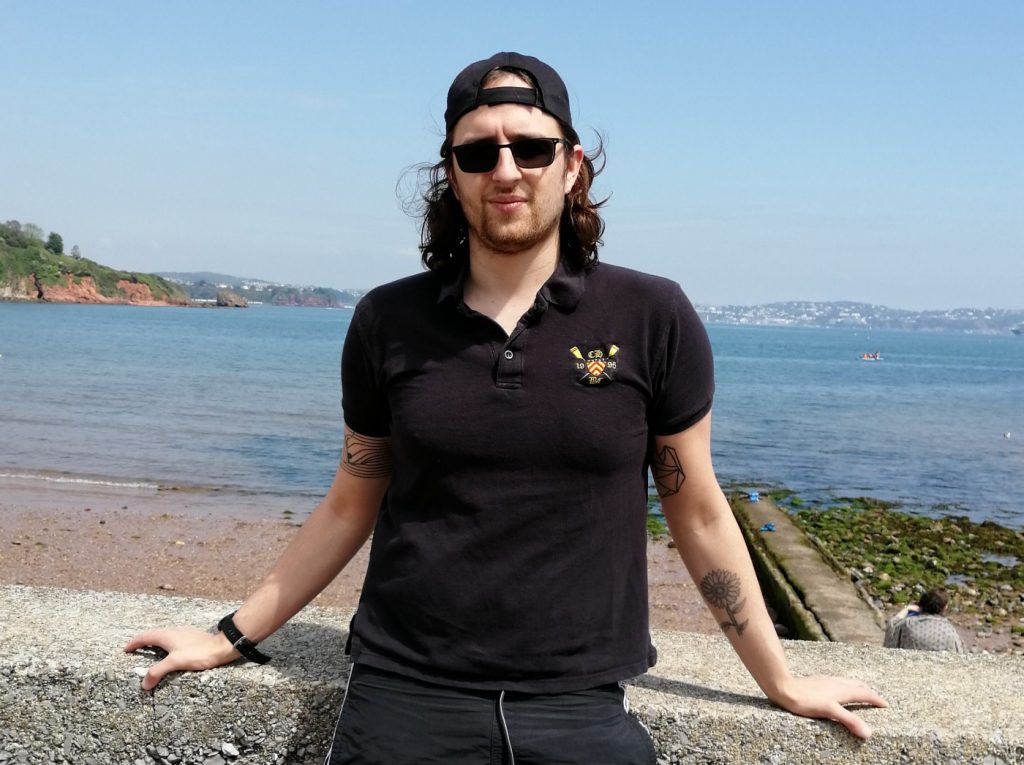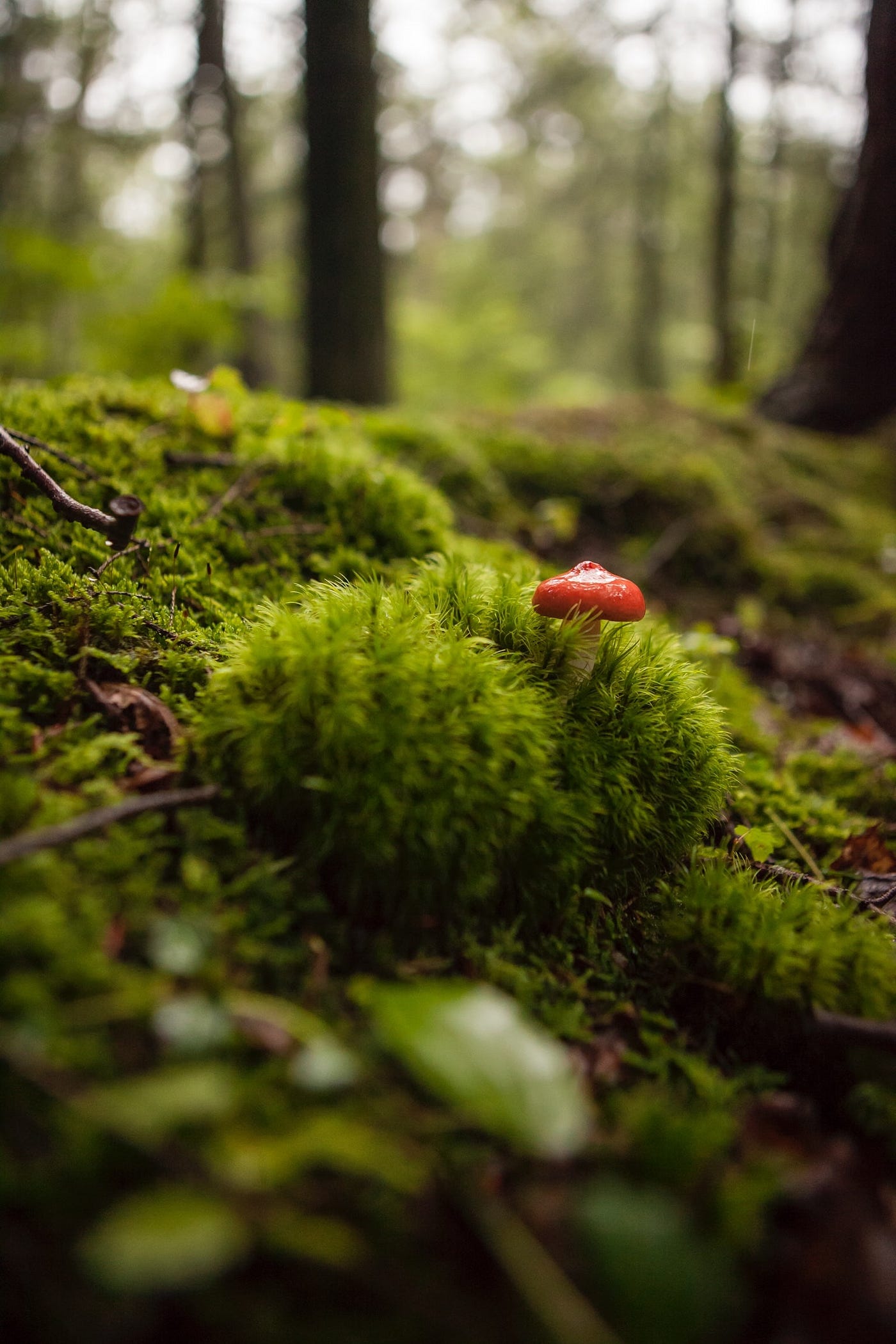‘It is surprise — or in more technical terms prediction error — that boosts our memory’
Jörn Alexander Quent is a cognitive neuroscientist and psychologist completing a PhD here at Clare Hall. The Gates Cambridge Scholar shares insights into his research into vivid memory, based at the MRC Cognition and Brain Sciences Unit

For me Clare Hall was the perfect fit, as I love its egalitarian and cosmopolitan vibe.
I could not imagine myself in one of the more traditional colleges that follow certain archaic rules and rituals. Clare Hall is a mature and academically stimulating place, where at Formal Hall you sit with Fellows without any imposed hierarchy and have the most interesting conversations.
My research explores what makes certain experiences form vivid memories.
I’m focusing on the extent to which specific experiences are novel, and how this shapes our memories. In a theoretical review I have shown that it is surprise — or in more technical terms ‘prediction error’ — that boosts our memory (Quent, Henson, et al., 2021). To give you an example from my own experience: I vividly remember coming to Clare Hall for the first time after a long bus trip from Heathrow in 2017 and having only vague expectations. Since I did not know the place, everything was surprising, and I think that is why I remember this day so well.
My future plan is to move to China for a postdoc position, with my fiancé whom I met during my time here in Cambridge.
This leads me to another important prediction that can be derived from my work, which is that truly novel information is actually more challenging to remember. Since I’ll be moving to China soon, I have started learning Chinese — and I’ve found that only with much practice and repetition can I learn these completely novel (i.e. never seen) characters. Novelty of this level does not help, but instead impairs my ability to learn. However, considering how existing knowledge and surprise interact to form memories, this makes total sense. The interaction of our expectations with memory is complex.

In one experiment within my research, people explored a virtual kitchen where objects were cluttered around, sitting in very expected, neutral or unexpected locations.
Something I am very proud of is that I demonstrated that very expected things, like finding a saucepan on top of the stove, can be remembered well, and likewise something very unexpected, like seeing a fresh loaf of bread on the floor, is highly memorable. Therefore, we struggle most with objects that are neither in very expected or unexpected locations (Quent, Greve, et al., 2021).
‘I am very happy that I have formed so many joyful recollections during my time at Clare Hall’
During my postdoc I will continue studying what determines our memories.
As far as my own memory is concerned, I am very happy that I have formed so many joyful recollections during my time at Clare Hall. I remember my first time rowing with our Boat Club, and I also vividly remember the feeling of winning a blade (a super blade in fact) in May Bumps 2019, after so many cold mornings on the river, which made me immensely proud of being part of the College.
One thing that few people know about me is that I was a pretty bad student for the majority of my school life.
As a consequence, I had to enroll in evening school and make up for the time wasted, but eventually got back on track and ended up here at Clare Hall.
References:
Quent, J. A., Greve, A., & Henson, R. N. (2021). Shape of U: The relationship between object-location memory and expectedness. PsyArXiv. May, 21.
Quent, J. A., Henson, R. N., & Greve, A. (2021). A predictive account of how novelty influences declarative memory. Neurobiology of Learning and Memory, 179, 107382. https://doi.org/10.1016/j.nlm.2021.107382.